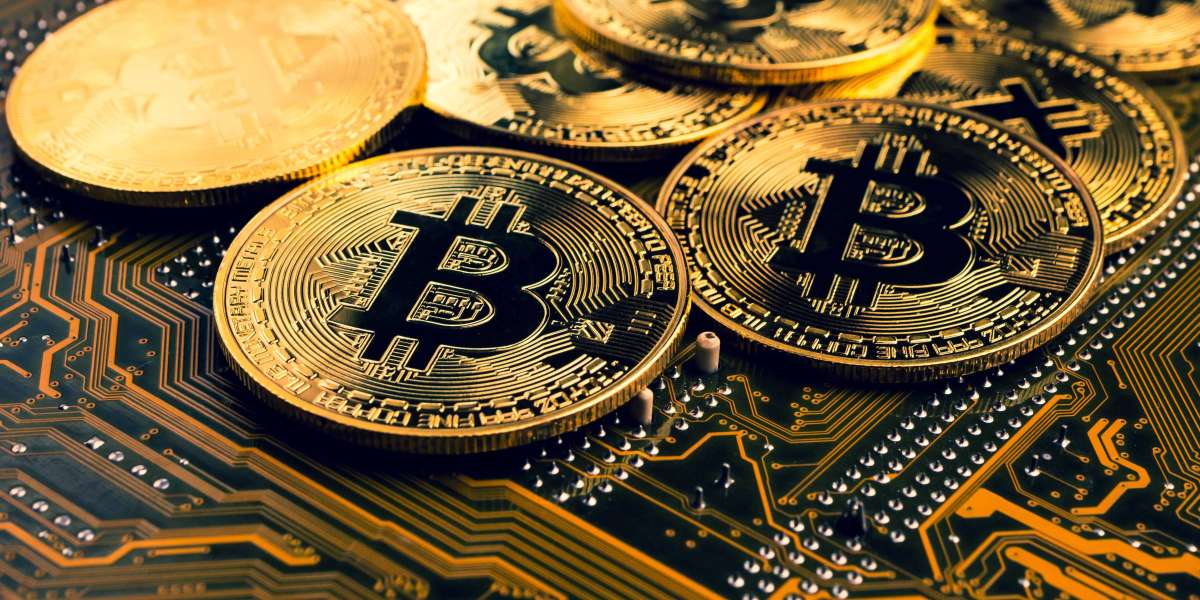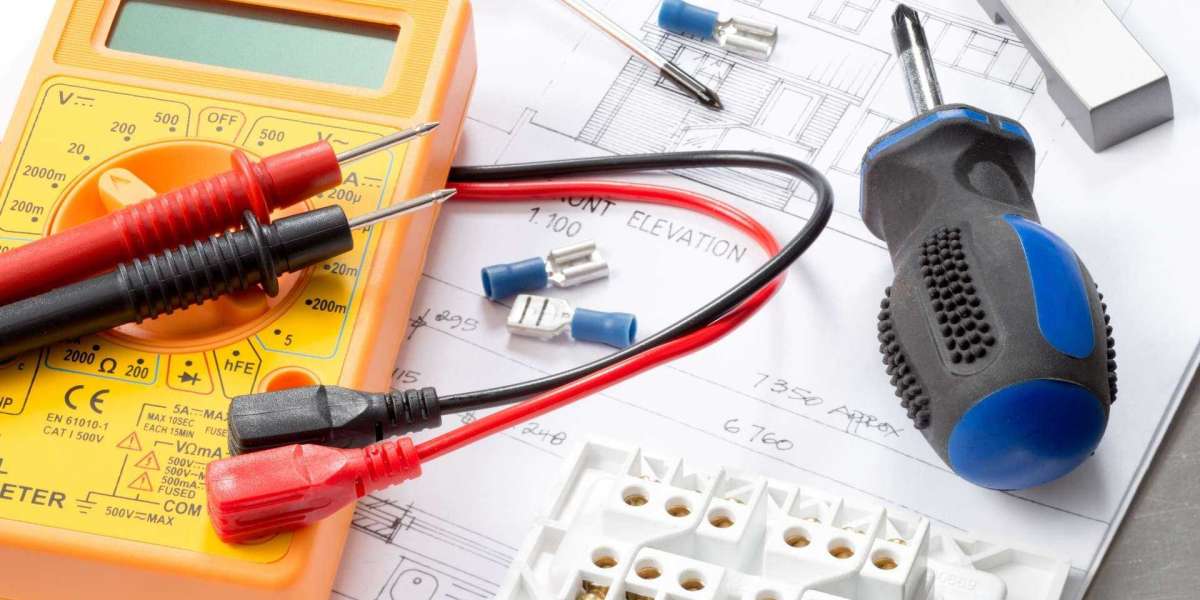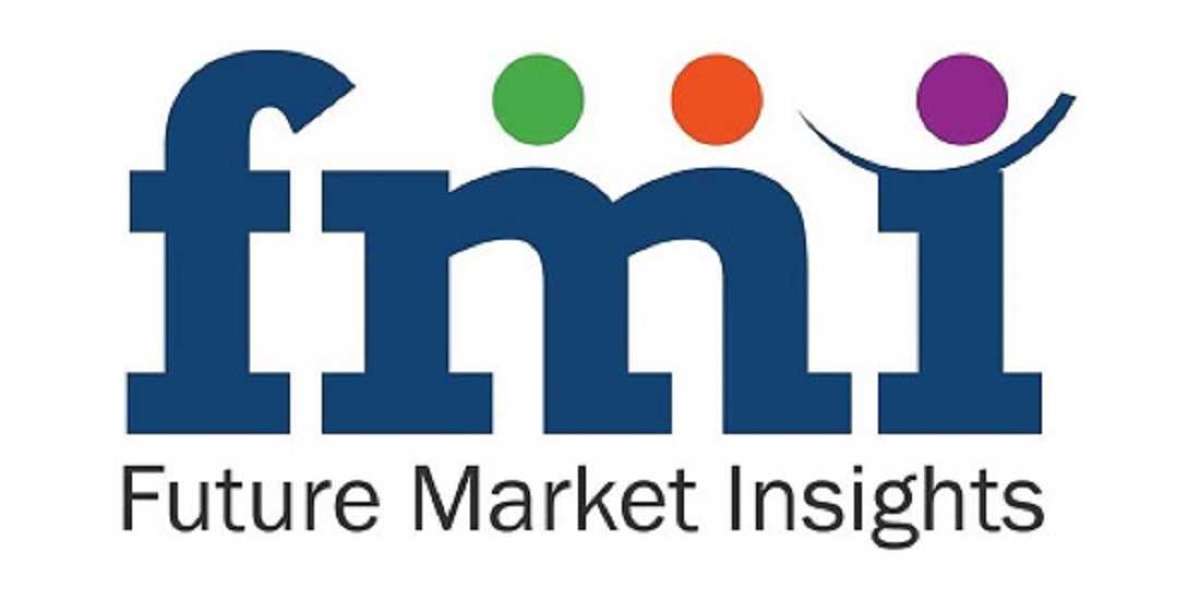In the age of instant gratification, speed reigns supreme. This is nowhere more apparent than in the digital realm, where lightning-fast transactions and seamless interactions are the new standard. But what about security? In the rush to achieve warp speed, can we trust the financial fortresses guarding our precious data and hard-earned cash? This is where blockchain payment gateways enter the scene, promising both rapid transactions and robust security. But are these claims too good to be true? Let's peel back the layers and demystify the safety of blockchain payment gateways.
Fortress Fundamentals: The Blockchain Advantage
Imagine a distributed ledger, not one controlled by a single entity, but shared and verifiable across a vast network of computers. This is the essence of blockchain technology, the bedrock upon which payment gateways are built. Every transaction is meticulously recorded in blocks, chained together cryptographically, creating an immutable and transparent record. This distributed nature offers several inherent security advantages:
- Tamper-proofing: Altering a single block requires manipulating the entire chain, practically impossible on a network with countless nodes.
- Transparency: Transactions are visible to all network participants, promoting trust and accountability.
- Decentralization: No single point of failure exists, making the system resilient against cyberattacks.
Securing the Gates: Layered Defense Mechanisms
Beyond the inherent security of blockchain technology, payment gateways employ additional layers of protection:
- Cryptography: Advanced encryption algorithms safeguard sensitive data, both in transit and at rest.
- Multi-signature keys: Transactions require authorization from multiple parties, preventing unauthorized access.
- Fraud detection: Sophisticated algorithms identify suspicious activity and flag potential threats.
- Identity verification: Know-Your-Customer (KYC) and Anti-Money Laundering (AML) protocols ensure user legitimacy.
Speed Doesn't Sacrifice Security: Striking the Balance
While security is paramount, blockchain gateways also excel at facilitating rapid transactions. Here's how they achieve this feat:
- Reduced settlement times: Eliminating third-party intermediaries streamlines the transaction process.
- Parallel processing: Distributed ledger technology allows for simultaneous processing of multiple transactions.
- Global reach: Transactions can be sent and received anywhere in the world, 24/7.
The Verdict: Trust But Verify
While blockchain payment gateways offer significant security advantages, it's important to remember that no system is foolproof. Here are some factors to consider:
- Gateway reputation: Choose a reputable provider with a proven track record of security and reliability.
- Smart contract vulnerabilities: Carefully review smart contracts (automated agreements on the blockchain) for potential exploits.
- User security practices: Employ strong passwords, two-factor authentication, and other security measures.
The Future of Secure and Speedy Transactions
Blockchain technology is still evolving, but its potential for secure and fast payments is undeniable. As the technology matures and user adoption increases, we can expect further advancements in security protocols and transaction speeds. The future of finance might not be entirely decentralized, but blockchain payment gateways are undoubtedly paving the way for a faster, more secure, and transparent financial ecosystem.








